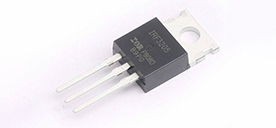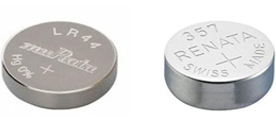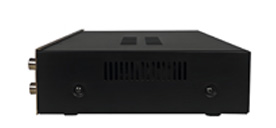Explore the real-time control applications of logic processors in embedded systems
2024/4/1 9:43:19
Views:
A logic processor is a processor specially designed to perform logical operations and control processes. It is widely used in digital systems, such as microprocessors, FPGAs, and digital signal processors. It is responsible for processing logical judgments, Boolean operations, conditional branches and other tasks, and plays an important role in modern computer architecture.
The structure of the logical processor includes an instruction decoding unit, an arithmetic unit, a register file and a control logic unit. The instruction decoding unit parses the instruction, determines the execution operation and extracts the operands; the operation unit performs arithmetic operations and logical operations; the register file stores data and temporary results; the control logic unit coordinates the work of various components to ensure the correct execution of instructions.
The logical processor performs operations sequentially by receiving a stream of instructions to complete logical operations and control processes. The working principle includes steps such as instruction fetch, decoding, execution, and write back, and is executed in a loop until the end of the program.
Logic processors are widely used, including microprocessors as an important part of the CPU, FPGAs to implement specific logic functions or signal processing, DSPs to perform digital signal processing tasks, and embedded systems to implement control logic and data processing. The development of logical processors has promoted the advancement of computer technology and improved the performance and efficiency of digital systems.
The structure of the logical processor includes an instruction decoding unit, an arithmetic unit, a register file and a control logic unit. The instruction decoding unit parses the instruction, determines the execution operation and extracts the operands; the operation unit performs arithmetic operations and logical operations; the register file stores data and temporary results; the control logic unit coordinates the work of various components to ensure the correct execution of instructions.
The logical processor performs operations sequentially by receiving a stream of instructions to complete logical operations and control processes. The working principle includes steps such as instruction fetch, decoding, execution, and write back, and is executed in a loop until the end of the program.
Logic processors are widely used, including microprocessors as an important part of the CPU, FPGAs to implement specific logic functions or signal processing, DSPs to perform digital signal processing tasks, and embedded systems to implement control logic and data processing. The development of logical processors has promoted the advancement of computer technology and improved the performance and efficiency of digital systems.
Related Information
-
-
Phone
+86 135 3401 3447 -
Whatsapp





